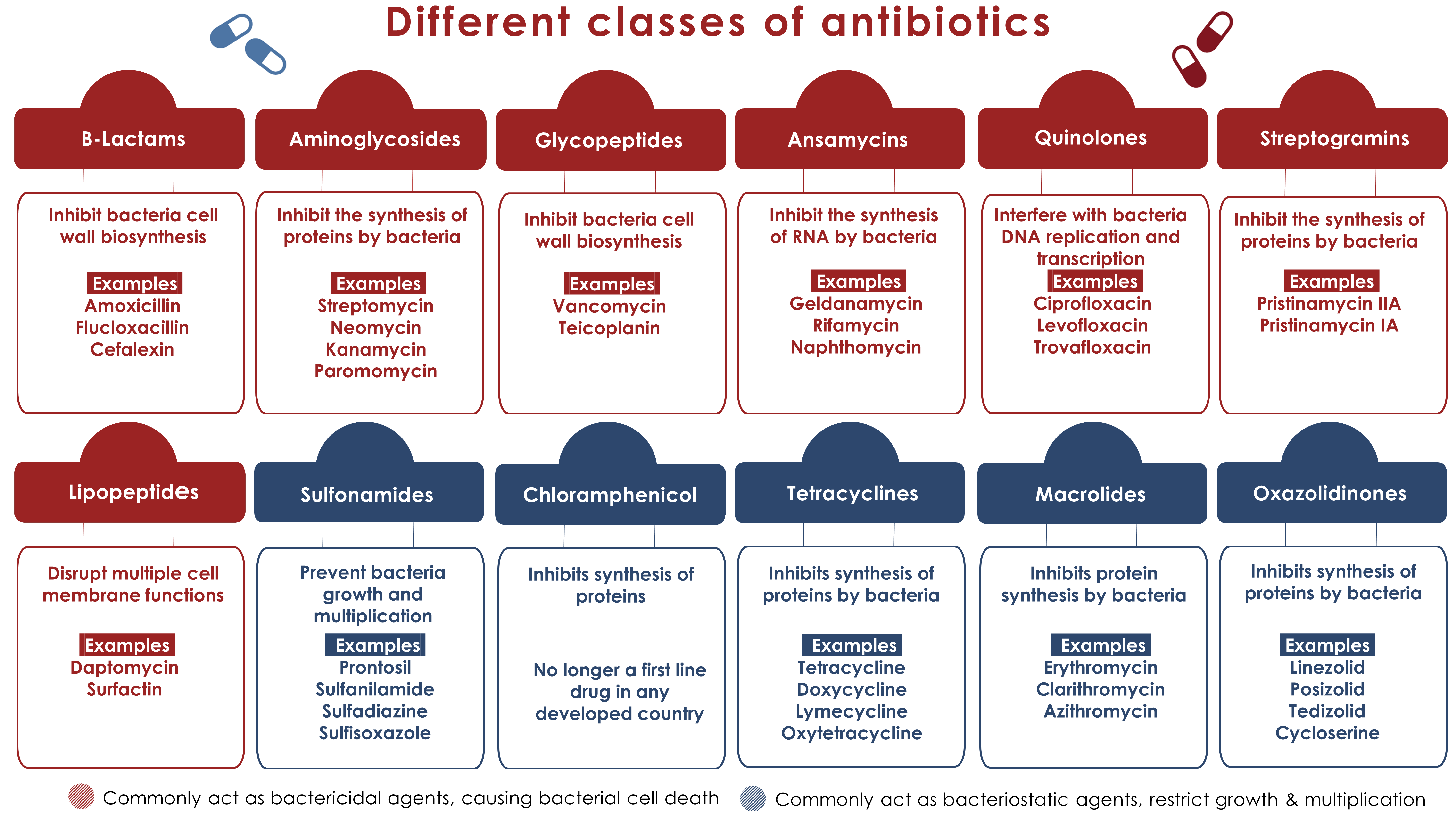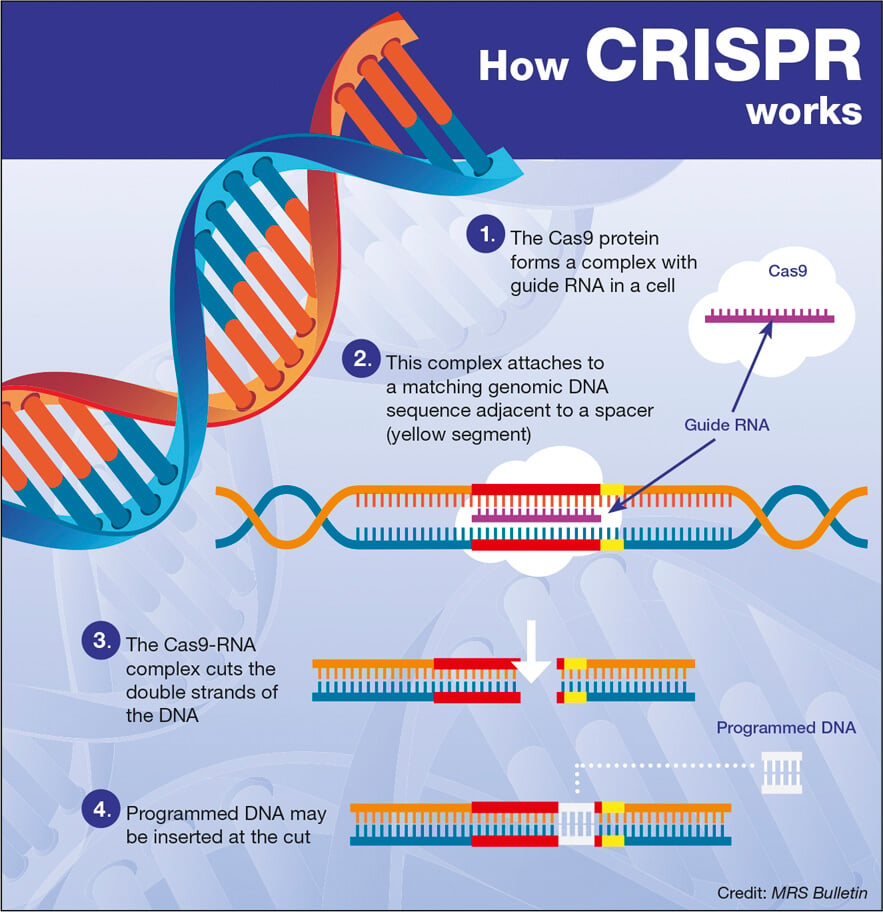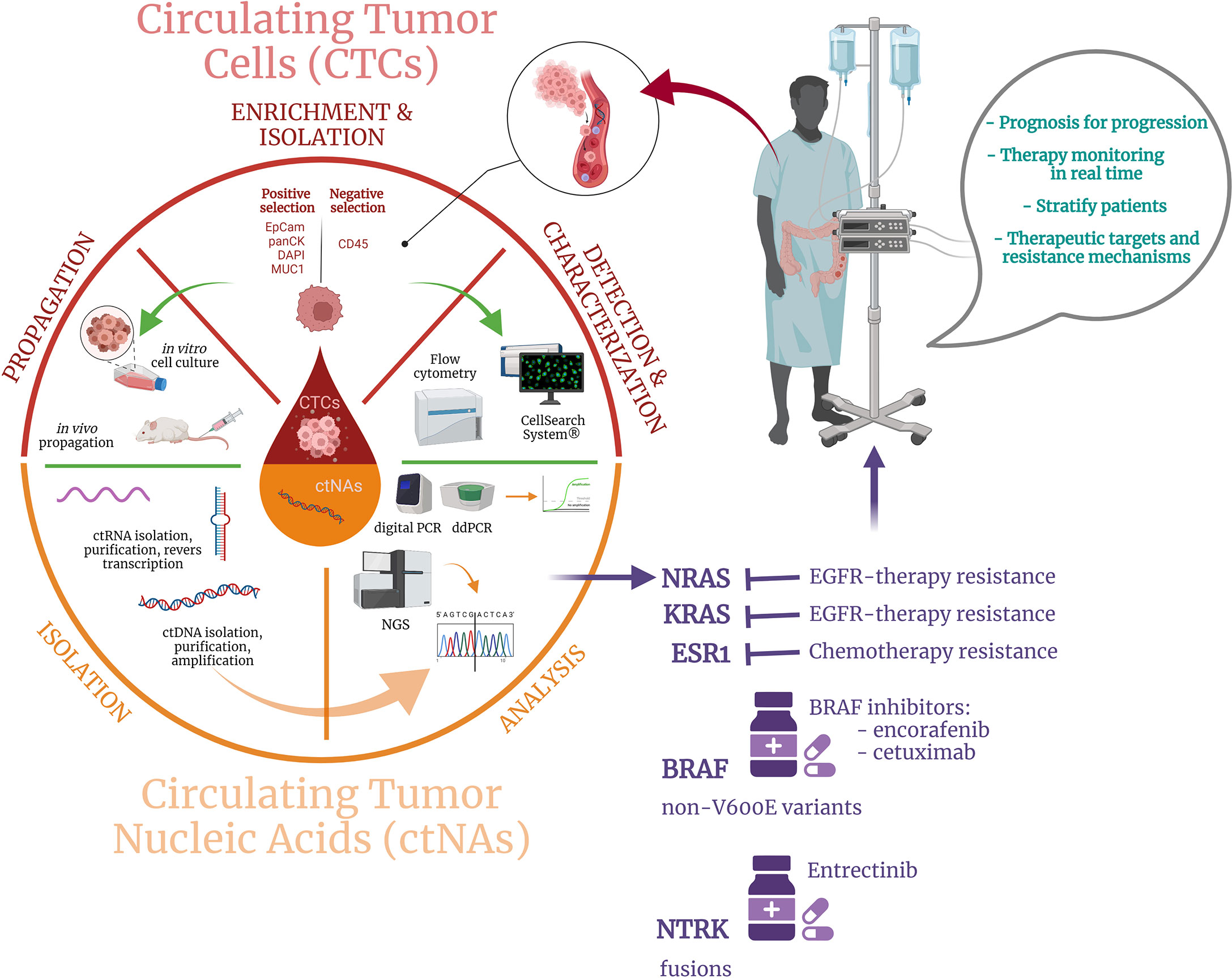In an era where drug-resistant bacteria continue to challenge the efficacy of traditional medicine, a new class of antibiotics is emerging as a beacon of hope. Kinvard Bio, a pioneering biotechnological company founded in the heart of Harvard University, is at the forefront of antibiotic discovery, targeting the critical issue of antimicrobial resistance. Backed by innovative research from the renowned Myers Lab, these groundbreaking compounds promise to combat infections deemed untreatable by existing antibiotics, providing a renewed weapon against stubborn pathogens. With the global health landscape increasingly fraught with the dangers of resistant infections, the need for these advanced medications has never been more pressing. As Kinvard Bio strives to revolutionize antibiotic treatment, it symbolizes the relentless pursuit of solutions to one of the most urgent health crises facing our world today.
As the battle against antibiotic-resistant pathogens escalates, a revolutionary category of antimicrobial agents is gaining attention for its potential to transform treatment protocols. These next-generation antibiotics represent a significant shift in our approach to addressing complications caused by persistent infections that have become resistant to conventional therapies. With a keen focus on innovative research and development, biotechnology firms like Kinvard Bio are pioneering efforts to unlock new therapeutic avenues. Their commitment to antibiotic innovation is not just a response to the pressing challenges posed by resistant bacteria; it also underscores the urgency for effective treatments in the ongoing fight against diseases that were once manageable. This exciting phase in antibiotic research heralds a new chapter in our quest to ensure healthcare can effectively combat emerging threats.
The Rise of Drug-Resistant Bacteria: A Global Health Crisis
In recent years, the emergence of drug-resistant bacteria has escalated into a major public health concern, threatening the effectiveness of standard medical treatments. This rise is primarily attributed to the overuse and misuse of antibiotics, which has allowed bacteria to adapt and develop resistance mechanisms. According to the World Health Organization, infections caused by antibiotic-resistant germs are responsible for over a million deaths per year globally. This situation calls for urgent attention, as the effectiveness of existing antibiotics dwindles and the pharmaceutical industry struggles to keep pace with new antibiotic discovery.
Moreover, as traditional antibiotics begin to fail, the healthcare system faces significant challenges in managing common infections that were once easily treatable. Patients may experience prolonged illnesses or complications, leading to increased healthcare costs and hospitalizations. This predicament is fueled by the antibiotic resistance crisis, urging biotech companies like Kinvard Bio to innovate and explore novel solutions in combating these resilient pathogens.
The Need for Innovation in Antibiotic Discovery
With the alarming rise of antimicrobial resistance, there is a growing urgency for innovative solutions in antibiotic discovery. Kinvard Bio, harnessing its expertise from Harvard University, is leading efforts to develop a new class of antibiotics specifically targeting drug-resistant infections. The company’s commitment to scientific advancement reflects a broader trend within the biotechnology sector, where researchers are focusing on unique mechanisms of action to overcome resistance and provide effective treatments for patients.
The traditional approaches to antibiotic development have largely stalled, with few new classes of antibiotics being approved in recent years. Kinvard Bio aims to fill this critical gap by designing compounds that utilize new structural frameworks to bind efficiently to the bacterial ribosome, thereby minimizing the risk of cross-resistance. This marks a significant shift in antibiotic research, which is essential for tackling the pressing challenges posed by drug-resistant bacteria.
Kinvard Bio: Pioneering New Antibiotic Solutions
Kinvard Bio has emerged as a pivotal player in the fight against antimicrobial resistance, spearheaded by its co-founder Ben Tresco. The startup leverages advanced synthetic chemistry techniques developed at Harvard to create a new class of antibiotics, known as oxepanoprolinamides. Unlike traditional antibiotics, these compounds are preorganized for optimal binding to their bacterial targets, which promises greater efficacy in treating resistant strains.
The focus on the bacterial ribosome as an antibiotic target is particularly significant, as this structure is critical across a range of clinically relevant pathogens. With substantial backing from funding agencies and academic institutions, Kinvard Bio’s innovative approach not only addresses immediate medical needs but also supports long-term solutions for the escalating problem of drug resistance.
Understanding Antimicrobial Resistance and Its Implications
Antimicrobial resistance (AMR) occurs when microorganisms evolve and develop mechanisms to resist the effects of medications designed to kill or inhibit them. This phenomenon has profound implications for public health, necessitating a comprehensive understanding and response from the global medical community. As bacteria evolve to outsmart current antibiotics, the potential for effective treatment options diminishes, putting vulnerable populations—such as the elderly and immunocompromised—at greater risk.
The implications of AMR extend beyond individual health, impacting healthcare systems at large. Increased instances of drug-resistant infections lead to higher medical costs, longer hospital stays, and a surge in mortality rates. Addressing the underlying causes of AMR and fostering collaboration between research entities and biotechnology firms like Kinvard Bio is essential for circumventing this looming crisis.
Technological Innovations in Antibiotic Development
Technological advancements are revolutionizing the field of antibiotic development, enabling researchers to devise more effective treatments against drug-resistant infections. Kinvard Bio is at the forefront of incorporating cutting-edge synthetic chemistry to develop a new class of antibiotics aimed at overcoming pre-existing resistance mechanisms. This new approach emphasizes the importance of innovative drug design and highlights the need for rigorous testing and clinical trials to validate these new compounds.
The introduction of innovative antibiotic candidates into the healthcare system is crucial, particularly for addressing unmet treatment needs in chronic and acute infections. Utilizing modern technologies, such as high-throughput screening and structure-based drug design, companies can efficiently identify promising compounds that target resistant bacteria, ultimately leading to the emergence of new treatment paradigms.
The Role of Harvard Biotechnology in Antibiotic Research
Harvard University plays a pivotal role in the field of biotechnology and antibiotic research, fostering an environment of innovation and collaboration. Notably, the work of Andrew Myers and the research conducted at the Myers Lab exemplifies the university’s commitment to addressing global health challenges. By mentoring the next generation of scientists and encouraging collaborative research, Harvard is positioning itself as a leader in combating antimicrobial resistance.
Supporting startups like Kinvard Bio, Harvard biotechnologists are laying the groundwork for significant advancements in antibiotic discovery. The synergistic relationship between academia and industry is crucial, as it cultivates the talent and resources necessary to tackle the growing issue of drug-resistant bacteria and ensure sustainable advancements in medical treatment.
Funding and Support for Innovative Antibiotic Solutions
Securing funding for antibiotic research remains a critical challenge, yet it is essential for driving innovation within the field. Support from various funding bodies, including the National Institutes of Health and CARB-X, is crucial for startups like Kinvard Bio. Such funding enables researchers to explore novel avenues in antibiotic discovery, paving the way for new treatments that can target drug-resistant pathogens.
Moreover, partnerships with investment firms like Kineticos Life Sciences highlight the importance of financial backing in bringing groundbreaking antibiotic solutions to the market. The collaboration between academic research and private investment is instrumental in addressing the urgent needs posed by antimicrobial resistance, ultimately aiming to provide effective solutions for patients worldwide.
Clinically Relevant Pathogens and Their Challenges
In the realm of antibiotic research, addressing clinically relevant pathogens is of utmost importance. Antibiotic-resistant strains of bacteria complicate the treatment of common infections, such as pneumonia or urinary tract infections, which pose significant challenges in both outpatient and hospital settings. Companies like Kinvard Bio focus on these critical pathogens to develop new treatment options that meet patients’ needs effectively.
Tackling these challenges requires a comprehensive understanding of each pathogen’s unique resistance mechanisms, which in turn informs the design of more effective antibiotics. As Kinvard Bio advances its research, the potential to provide targeted therapies for complex cases continues to be a priority, aiming to reduce morbidity and improve patient outcomes.
The Future of Antibiotic Therapy and Patient Care
Looking ahead, the future of antibiotic therapy must align with evolving bacterial resistance patterns. Kinvard Bio’s focus on creating a new class of antibiotics highlights the potential for groundbreaking therapeutics that can adapt to these changes in drug-resistant behavior. By prioritizing forward-thinking research and development, there is hope for more effective healthcare solutions that can significantly impact patient care.
The ongoing development of antibiotics that can circumvent resistance mechanisms is essential for maintaining effective treatment protocols. With collaborative efforts among biotechnology firms, academic institutions, and healthcare providers, the goal is to safeguard patient health against the ever-increasing threat of drug-resistant bacteria, ensuring a healthier future for all.
Frequently Asked Questions
What is Kinvard Bio and its role in developing a new class of antibiotics?
Kinvard Bio is a biotechnology startup founded at Harvard University that focuses on creating a new class of antibiotics to combat drug-resistant bacteria. The company utilizes innovative compounds known as oxepanoprolinamides, which aim to effectively bind to the bacterial ribosome, thereby addressing the serious challenge posed by antimicrobial resistance.
How do the new antibiotics from Kinvard Bio differ from traditional antibiotics?
The antibiotics developed by Kinvard Bio, specifically oxepanoprolinamides, are preorganized for highly effective binding to the bacterial ribosome, which sets them apart from traditional antibiotics that may not evade existing resistance. This differentiated binding method enhances their potential effectiveness against various pathogens associated with drug-resistance.
Why is antibiotic discovery critical in addressing drug-resistant infections?
Antibiotic discovery is essential for tackling antimicrobial resistance, a growing global health crisis responsible for over a million deaths annually. Modern antibiotics are becoming less effective due to the development of resistance mechanisms by bacteria, making the creation of new classes of antibiotics necessary to treat persistent infections and save lives.
What challenges does Kinvard Bio aim to address in the field of antibiotic resistance?
Kinvard Bio seeks to tackle the challenges posed by dwindling treatment options for drug-resistant infections. By developing a new class of antibiotics, they focus on providing effective therapies for serious infections with high unmet medical needs, including bacterial pneumonia and complicated urinary tract infections.
How does the development of new antibiotics relate to antimicrobial resistance?
The development of new antibiotics, like those created by Kinvard Bio, is directly related to combating antimicrobial resistance by providing novel therapeutic options that can overcome the limitations of existing antibiotics. As bacteria evolve resistance, innovative antibiotic classes are essential to ensure effective treatment for challenging infections.
What is the significance of the bacterial ribosome in antibiotic development?
The bacterial ribosome is a crucial target in antibiotic development because it is essential for protein synthesis in bacteria. Antibiotics that effectively bind to this target can inhibit bacterial growth. Kinvard Bio’s approach focuses on creating novel antibiotics that bind to the ribosome in a unique way, which may help avoid pre-existing resistance.
What types of infections are Kinvard Bio’s new antibiotics expected to treat?
Kinvard Bio’s new antibiotics are being designed to treat acute and chronic infections with significant unmet needs, such as bacterial pneumonia, complicated urinary tract infections, and chronic respiratory infections. Their development aims to address the urgent healthcare issues stemming from drug-resistant bacteria.
Why is there a critical need for innovation in antibiotic development?
There is a critical need for innovation in antibiotic development due to the alarming rise of drug-resistant bacteria. With traditional antibiotics becoming less effective, innovative solutions, such as those from Kinvard Bio, are necessary to create new treatment options that can successfully combat infections, ensuring continued efficacy for generations to come.
| Key Point | Details |
|---|---|
| Antibiotics historically | Penicillin was the first widely used antibiotic, significantly reducing mortality rates from infections since the 1940s. |
| Current crisis of antibiotic resistance | Many bacteria have developed resistance to existing antibiotics, leading to increased rates of infection and death. |
| Kinvard Bio’s mission | The startup aims to create a new class of antibiotics to effectively combat drug-resistant infections. |
| Scientific foundation | The research is rooted in the chemistry field led by Andrew Myers, focusing on innovative compound creation. |
| Targeting bacterial ribosome | Kinvard Bio’s antibiotics, termed oxepanoprolinamides, bind effectively to the bacterial ribosome, a proven target for antibiotic action. |
| Research and funding | Supported by multiple grants, including a $1.2 million grant from CARB-X aimed at combating antimicrobial resistance. |
| Emerging applications | Initial focus on treating serious infections like pneumonia and urinary tract infections, with future implications for chronic infections. |
Summary
The new class of antibiotics developed by Kinvard Bio represents a significant advancement in the fight against antibiotic-resistant pathogens. This innovative approach emphasizes targeting the bacterial ribosome, which has shown promising effectiveness against a wide range of infections. With the urgent need for new treatment options, Kinvard Bio’s efforts could lead to breakthroughs that not only address current health crises but also ensure that effective antibiotics remain available for future generations.









